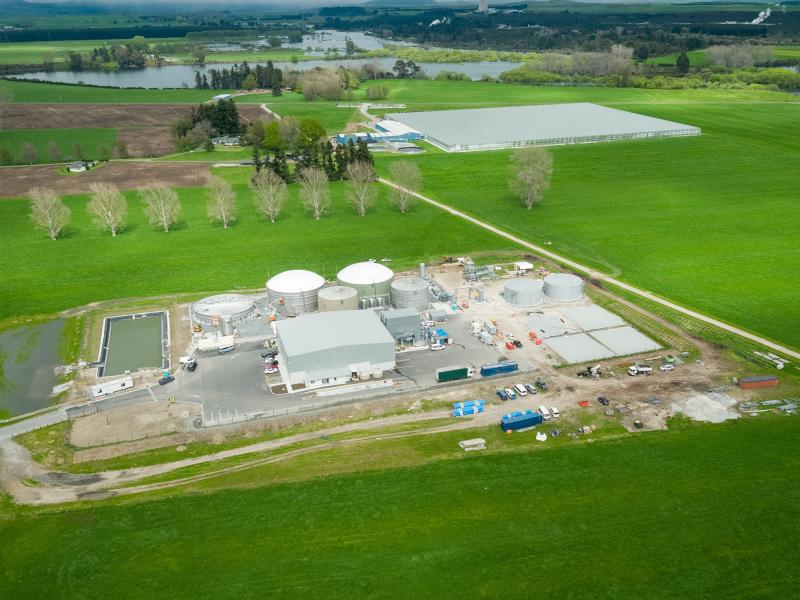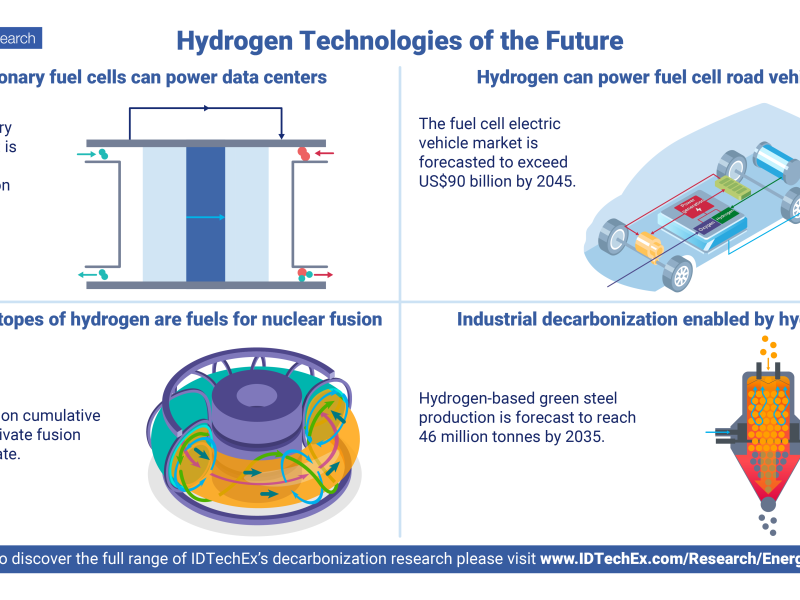World Environment Day, an initiative first proposed in 1968, was marked on June 5 during lockdown. In case you missed this story online, here it is again.
The idea of having a UN conference to focus on human interactions with the environment finally came to fruition in 1972 with the Stockholm Conference on the Human Environment and the special day was established. Two years later, the first day was officially held with the theme Only One Earth and June 5 has marked the public awareness campaign ever since.
With this in mind, Thomas Leeson, Industry Marketing Strategist (Manufacturing Sector) at OpenText has asked manufacturers around the world to support the initiative and encourage the drive for more ethical and sustainable supply chains.
“A survey from OpenText Enterprise Information Management (Canada) revealed that 92 percent of manufacturing companies consider their CSR reputation to be important for their overall reputation in their respective markets, which is why many organisations are already looking to digitise supply chain processes as part of environmental and social initiatives,” he says.
“Delivering a sustainable supply chain requires extremely high levels of transparency and visibility into an organisation’s multi-tiered network of suppliers. Only by creating digital processes can important supply chain areas be properly monitored and managed at scale, such as workers’ contracts and conditions, the provenance of materials, environmental performance and financial processes. In addition, new digital tools offer the potential for organisations to quickly source new suppliers that meet their sustainability standards”.
“The value of using a cloud-based platform can drastically improve a manufacturer’s ability to be flexible and collaborative with its trading partners, maintain visibility into its operations and to capitalise on key data insights within its operations,” Leeson concludes. “Manufacturing companies that seize the opportunity of the cloud through its agile and flexible architectures can achieve a stronger market footing against competitors and continue to deliver, operate, and excel amid global disruption.” v






